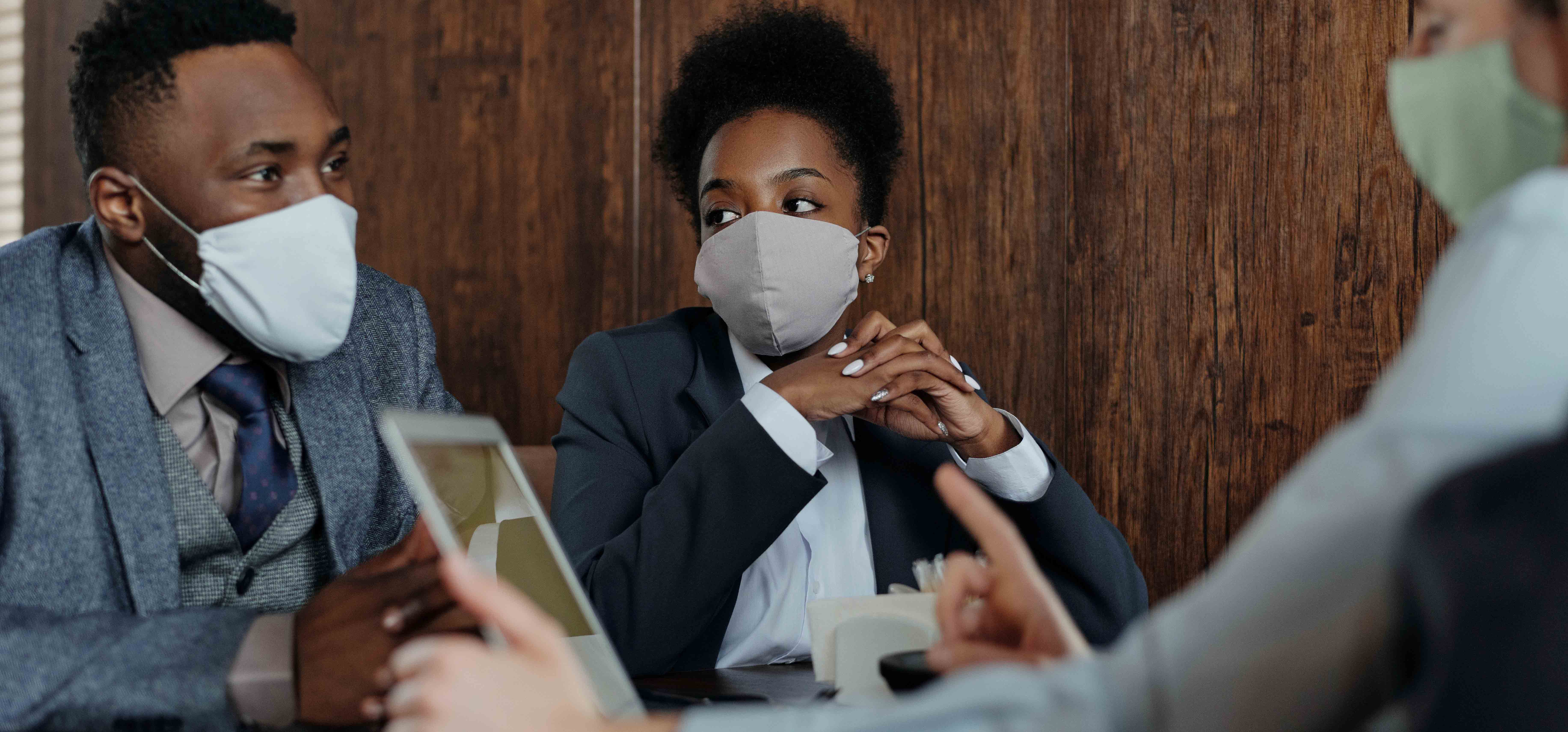Visiting Japan? Etiquette to be Aware of for Travel & Business Events!
As most of you will know by now, on October 11th Japan re-opened its border regulation for travelers largely the way it was before COVID-19. After two and a half years of extremely limited travel, those who want to visit Japan can finally do so, whether for business or leisure. But if you are coming back to Japan for the first time in many years, or if it is your first time, things are different than how they were before. The pandemic has left its mark on society in different ways. While many of what we will discuss are not explicit regulations, they are considered social norms at the moment, and especially if you are here on business you would not want to make a faux pas. There can be exceptions to these norms, and as time goes on things will likely become less strict. But if otherwise indicated, here are some points we at JTB Meetings & Events by JTB Communication Design recommend you to be aware of when you visit Japan.

Wearing Face Masks in Japan
Let’s get the big one out of the way: face masks. If you are coming from outside of Asia in particular, it could be that you have left face masks behind a long time ago. But Japan is actually one of the countries where long before the pandemic a lot of people already wore masks either during flu season, pollen season, or just if they had a cold. This is why adoption of masks during COVID-19 was met with little resistance, and now as the pandemic winds down but is not fully over yet, society at large seems reluctant to part with them. At the time of writing, masks are still the norm. Although not exactly mandatory, you are encouraged to wear a mask especially in crowded spaces and public transport. When not masked, a certain amount of social distance is preferable and speaking loudly is discouraged. For more information, have a look at the Ministry of Health, Labour, and Welfare’s page.Entering an Event Venue or Shop/Restaurant in Japan
Two other measures that may have faded in many countries but are still quite present in Japan are manual disinfection and temperature check stations at entrances. Most public buildings will have hand sanitizers placed at entryways and at high contact touch points, such as interactive screens. Although not always mandatory, at an event or some shops you might be explicitly asked to make use of them.
The same goes for temperature check stations, which come in many forms. Oftentimes you hold your wrist up to a device, or your face in front of a screen, but be aware that a receptionist might ask to scan your wrist or forehead with a handheld device as well. If your body temperature exceeds 37.5 Celsius (99.5 Fahrenheit), you may be asked to refrain from entering. Additionally, there might be business events in particular where you are asked to fill in a short form confirming that you are not feeling unwell. Of course, if you are feeling ill while traveling it is generally advised to not go out and depending on your symptoms to consider a PCR-test or a doctor as well.
Dining at an Event or Restaurant
As mentioned before, if you are here on business and attend an event, there is the possibility that you will be explicitly asked to wear a face covering. However, when an event includes a dinner or buffet, rules may vary. You might be surprised to find that most eateries will still have plastic panels in place between individuals. Where this is not the case, many restaurants will ask you to keep your mask on when you are not eating. Again, as time passes these norms may loosen, but if you are in doubt you can ask the organizer or venue what the rules are. Otherwise it might be best to err on the side of caution so as to not make anyone uncomfortable.
Cash-less Payment in Japan
For those of you who have been to Japan years ago and are coming back now, here is another point that is good to know. Cash-less payment has made big leaps, which can partially be attributed to the COVID-19 pandemic and infection prevention. While Japan can still be considered a largely cash-based society, you will find that there is a wide range of payment options available now. That said, it is still a transitional phase. While in the big city you might run into a café that has stopped accepting cash altogether, smaller shops in the countryside could still be cash-only, so it smart to always have some back-up cash available.Reservations and Timed Entry to Venues
If you are attending events, or visiting tourist attractions such as museums, making reservations is always recommended and increasingly necessary. To prevent crowding in enclosed spaces, throughout the pandemic many timed entry systems were put into place at various venues, and a lot of these are still in place, and might remain that way.
